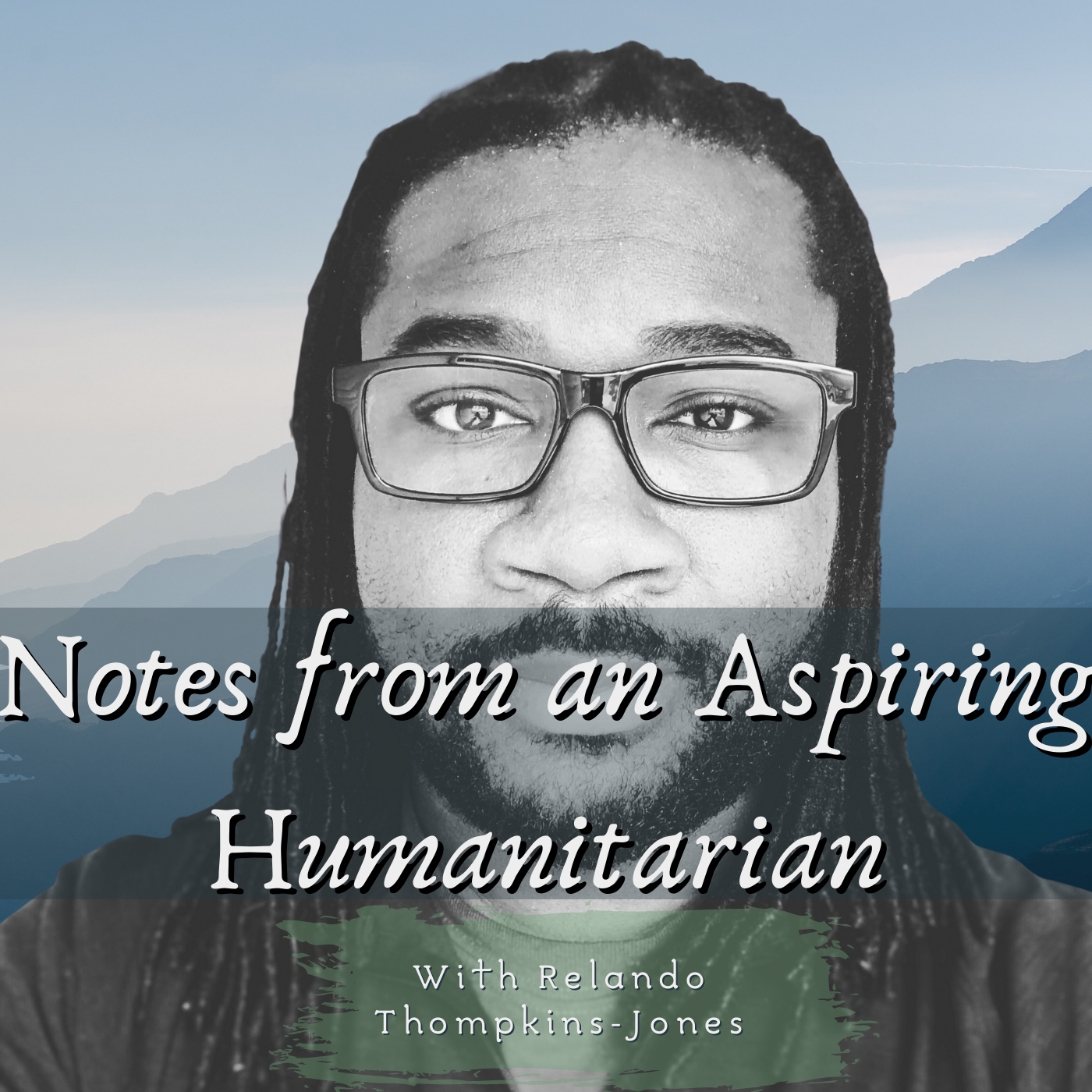Crowdsourced Interview Questions for Diversity, Equity, and Inclusion Positions in Education

If you are passionate about social justice work in education and are currently in the interview phase for a position that works toward inclusion and equity at an institution, it is important to recognize that you are interviewing that institution as much as they are interviewing you. This is especially true if you hold multiple marginalized identities.
“I just want to acknowledge the heaviness of what it can mean to live with multiple marginalized identities, while at the same being engaged in work for your own liberation, and the collective liberation of others whose identities might be marginalized in ways yours are not. I want to acknowledge the heaviness of what it can mean to be expected to provide leadership in times of crisis; providing support to others, while at the same time being very personally impacted by the issues yourself.”
–From my note: Community
Because of the added personal tax and responsibility that comes with being who you are and doing the work that you do, it’s important to make sure that you understand that the institution you’re considering will support you.
I didn’t create them, but instead I’m reposting (with slight modifications) a set of interview questions that candidates for social justice positions can pose to institutions. It’s important to note that these questions were created by people of color practitioners and scholars.
Hopefully the answers you receive can give you additional clarity in deciding if the environment you are considering entering into is the right one for you. Perhaps the answers you receive will also help you to better understand if your position is supported institutionally or in name only.
Crowdsourced Interview Questions for Diversity, Equity, and Inclusion Positions in Education
“Give me an example of when someone in this position has experienced conflict with mission driven goals and parents/families who might not align with those aspects of the mission. How did you support the Director of Diversity in this example?”
“Knowing that this position is tasked with focusing on issues of diversity AND equity AND inclusion, which areas will you/have YOU struggled most in supporting this leadership role?”
“Recall a situation in which a parent has pushed back against some of the work related to diversity, equity and inclusion. What do you believe your role is in navigating the work of the director of diversity and fielding parent concerns?”
“Where does your school currently land in terms of anti-racism education? How does anti-racist work differ from multicultural work? And how do those values show up in your leadership?”
“How does your school view affinity group work?”
“As a leader, how do you address potential resistance? What examples can you provide in which your leadership was successful in addressing resistance? What examples can you provide in which your leadership was unsuccessful in addressing resistance?”
“We know that in order to make progress, we must create brave spaces. How have you created brave spaces for kids and adults in your school community? Provide examples.”
“How have you guided school admins to muster the courage needed to allow opportunities for dialogue and brave spaces?”
“What are three tangible initiatives/changes you would like to see the new/incoming director of diversity make? What makes those three changes/outcomes important to you? To the community?”
“In what ways has the current political climate impacted or influenced the role of the Director of Diversity at your school?”
“As a head of school, how have you shown your school and the Board of Trustees that you are committed to the work of equity and justice?” “How does the Board of Trustees show commitment?”
“I asked if/where/how white people at the school where having conversations about race. I found the answers I got very telling.“
“When there’s cultural tension between the school and a member of the school community, sometimes, the tension is there because the school needs to do a better job of communicating its norms and values to the person. Sometimes, though, it’s an indication of the school’s blindspots gaps in awareness. Maybe it’s the school that needs to change with this community member, not the community member. I asked about how the school has gone about drawing that line.”
“To what extent does your school’s development, advancement and cultivation initiatives align with mission? Or, help me understand how you navigate difficult decisions around philanthropy that might not align with values of diversity, equity and inclusion.”
“Please give me an example of a courageous curriculum, project or inquiry that you have implemented as a teacher/leader. How was that received by multiple stakeholders at your school?”
From Aspiring Humanitarian, Relando Thompkins-Jones















This is really useful! Thank-you for sharing!
You’re welcome. I think institutions that hope to attract and retain talented people to advance inclusion and equity work would be best served by developing their answers to these questions and have tangible and supported policies and structures to back it up.
Thanks again! I used a few of these examples (including the one about places of resistance) in recent interviews and they were quite illuminating!